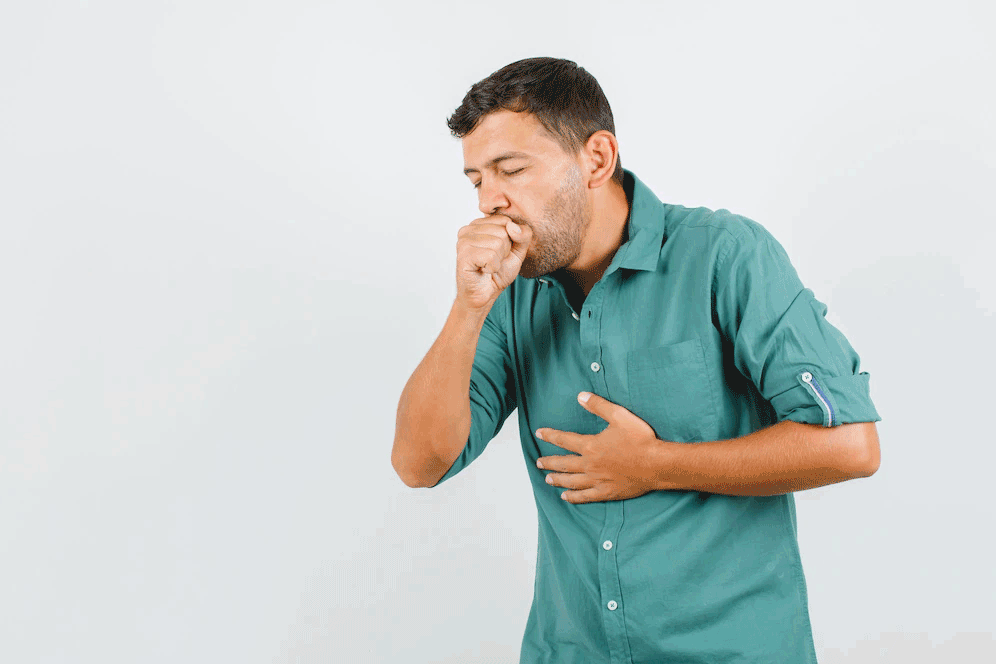Shortness of Breath

Shortness of Breath
You should call us if you experience any shortness of breath that is not expected from an activity and the current state of your fitness or health. If your shortness of breath is accompanied by other symptoms, such as chest pain, you should get to a hospital immediately. If your breathing has changed suddenly for no obvious reason, or is getting slowly worse over time, it may be a sign of a more serious problem. When sudden breathlessness occurs, a number of things could be the cause, such as an upper airway obstruction or a piece of food stuck in your throat. Other possible causes include heart attack, carbon monoxide poisoning and asthma flare-ups.
FAQs about Shortness of Breath
Shortness of breath, or dyspnea, is a sensation of difficulty breathing or breathlessness. Various factors, including respiratory or cardiac conditions, obesity, anxiety, or physical exertion, can cause it. Here are the most frequently asked questions about it.
